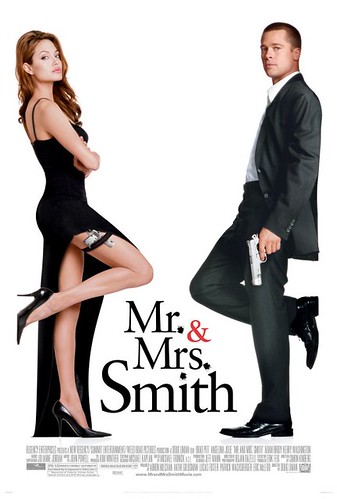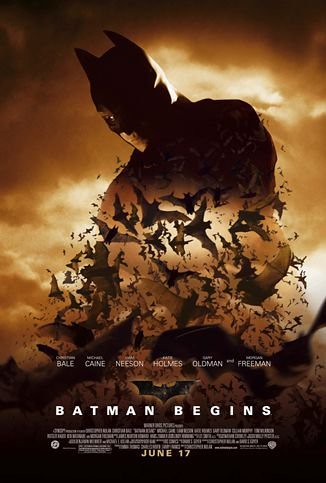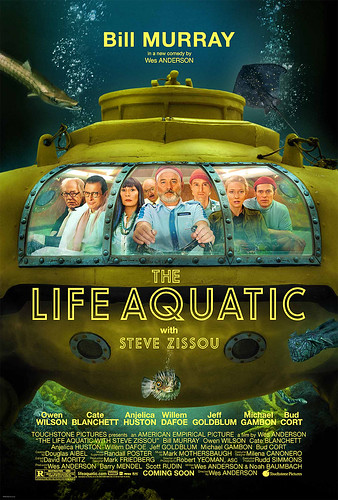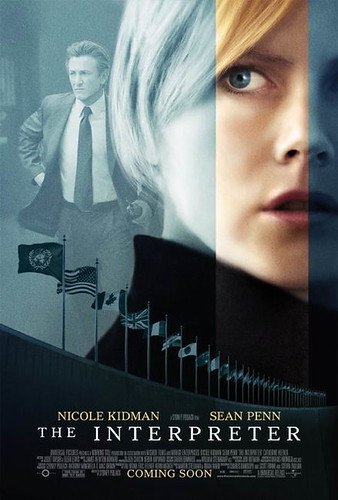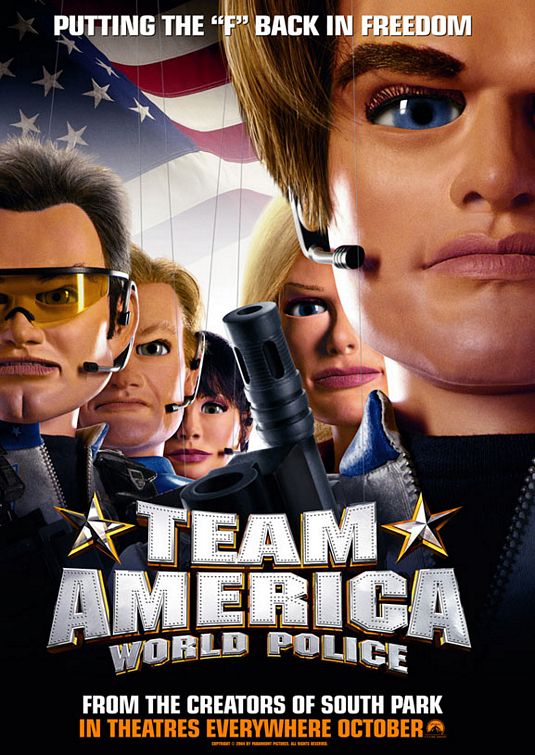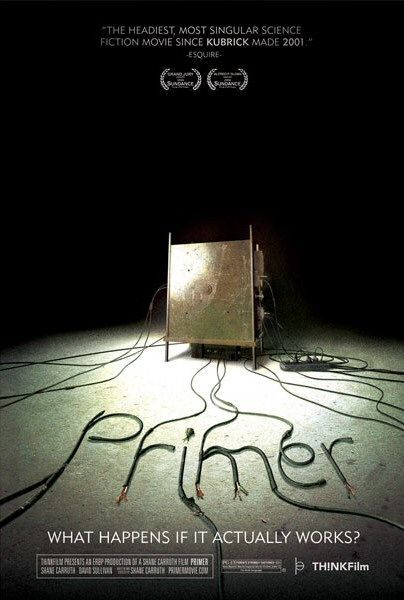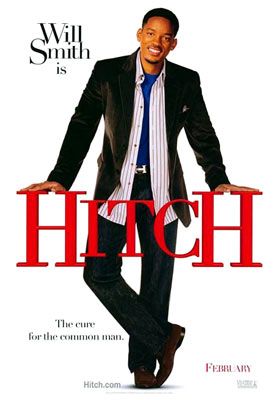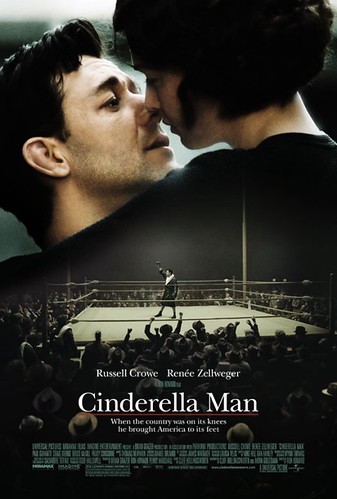
Starring Russell Crowe, Renée Zellweger, Paul Giamatti, Craig Bierko and Bruce McGill
Directed by Ron Howard
When thinking of the great boxers of all time, the name of Jim Braddock doesn't come up in most people's minds, especially among casual or non-fans of the sport. For the latter group, it's unlikely they would have even heard of the man.
That's what makes the fact that his story has largely gone untold for so many decades all the more surprising. Leave it to director Ron Howard, producing partner Brian Grazer and star Russell Crowe, the same threesome that collaborated on the Academy Award-winning "A Beautiful Mind," to bring Braddock's story to the big screen.
Crowe portrays the determined boxer and devoted family man, who is on a roll in his career as the movie opens. With his loving wife Mae (Renée Zellweger) and three impossibly cute kids by his side, things are looking good for Braddock. Then, a little thing like the Depression hits, and the movie cuts to several years later when life for the Braddock family, like most families back then, has taken a turn for the worse.
Struggling to make ends meet, Braddock sees his boxing career sinking amidst injuries and poor performances in the ring, which leads to the revoking of his boxing license. He takes jobs, when available, as a dock worker on the New Jersey shoreline. But when the family's utilities are shut off, Mae, fearing for the health of their children, sends them to live with relatives. The sequence of scenes that follows demonstrate the love Braddock has for his family, as he appears with hat literally in hand at a boxing club full of former colleagues, including his former manager Joe Gould (Paul Giamatti). It's a powerful scene that shows what great actors Crowe and Giamatti are.
Soon after, Gould shows up on Braddock's doorstep offering a $250 payday to take on a heavyweight title contender on a mere day's notice. Braddock takes the offer and much to everyone's surprise, including his own, he wins the fight. This leads to the chance to resume his career, much to the concern of Mae, who has never been able to bear to listen to, much less attend one of her husband's fights.
Before long, Braddock is lined up to take on title holder Max Baer (played with relish by Craig Bierko), who had killed two men in the ring, with the so-called experts predicting a similar fate for Braddock. The film takes a few too many liberties with Baer, with the obvious intention of making him into one of the film's villains. But the championship match between the two men, which takes up much of the last quarter of the film, is sensationally filmed by Howard and cinematographer Salvatore Totino. It borrows liberally from Martin Scorsese's "Raging Bull" in style, but effectively so. You can practically feel the sting of the punches.
Probably no other actor brings more of a physical presence to his roles than Crowe, who is perfectly cast here. Having to show a fierceness in the ring, yet a heart of gold outside of it, Crowe pretty much hits all the right notes. Still, the movie could be seen as guilty of portraying Braddock as too good of a person, with little edge and no darkness within for him to overcome. But doing so certainly feeds into the crowd-pleasing nature of the film, as it takes on the tried and true Hollywood formula of the underdog surpassing all obstacles to become triumphant.
Along the way, Crowe is ably supported by Zellweger and Giamatti, who is overdue for an Oscar nomination.
Howard ably handles the action, balancing the boxing and domestic scenes very well. He also seems to be pretty meticulous in capturing the look of Depression-era New Jersey, while maybe avoiding some of the less desirable depictions of the period. I suspect this is more like Depression-lite.
Still, much like another movie that involved boxing last year, "Cinderella Man" could prove a strong contender when it comes to handing out Oscar gold early next year.
Grade: B+
(Rated PG-13 for intense boxing violence and some language.)
